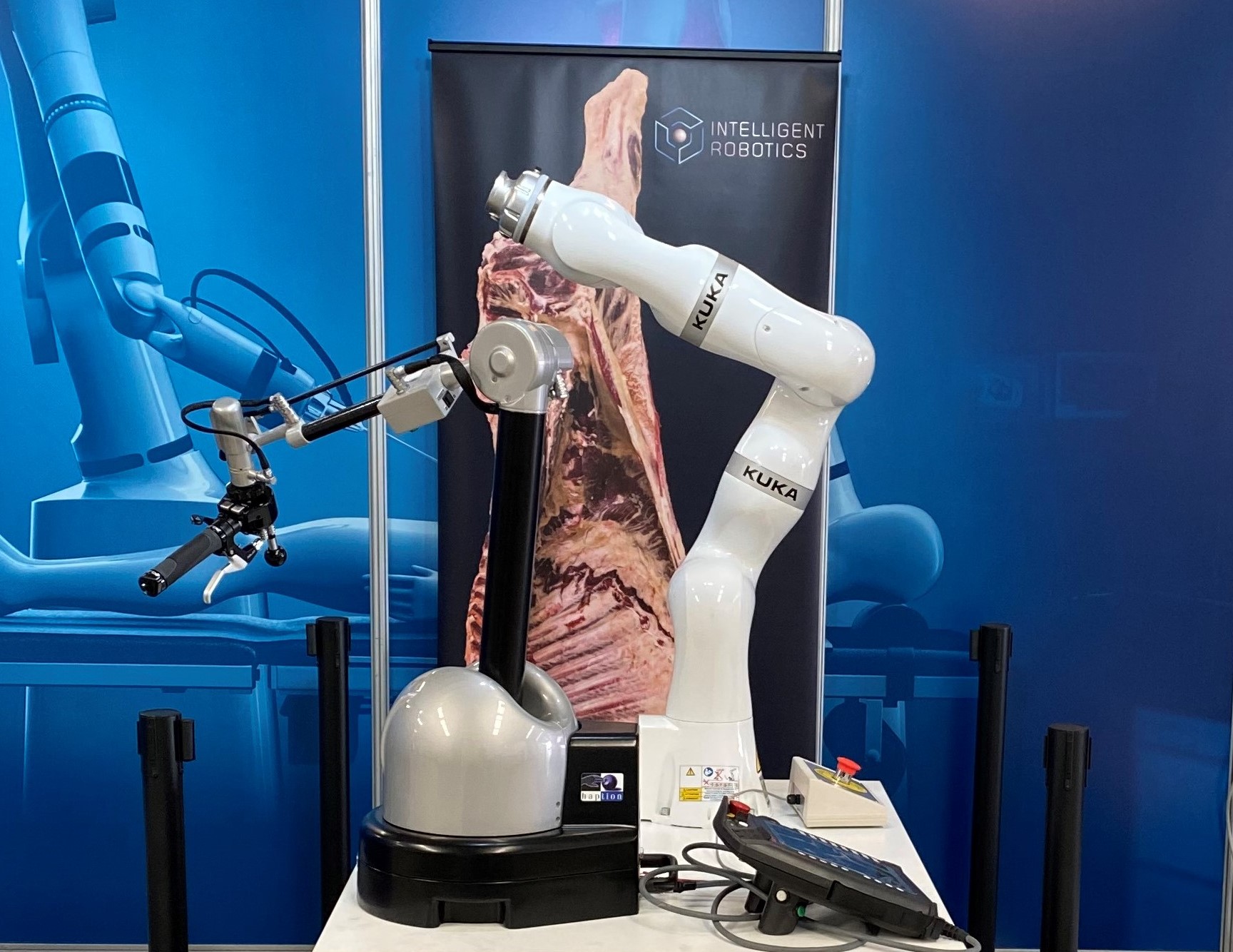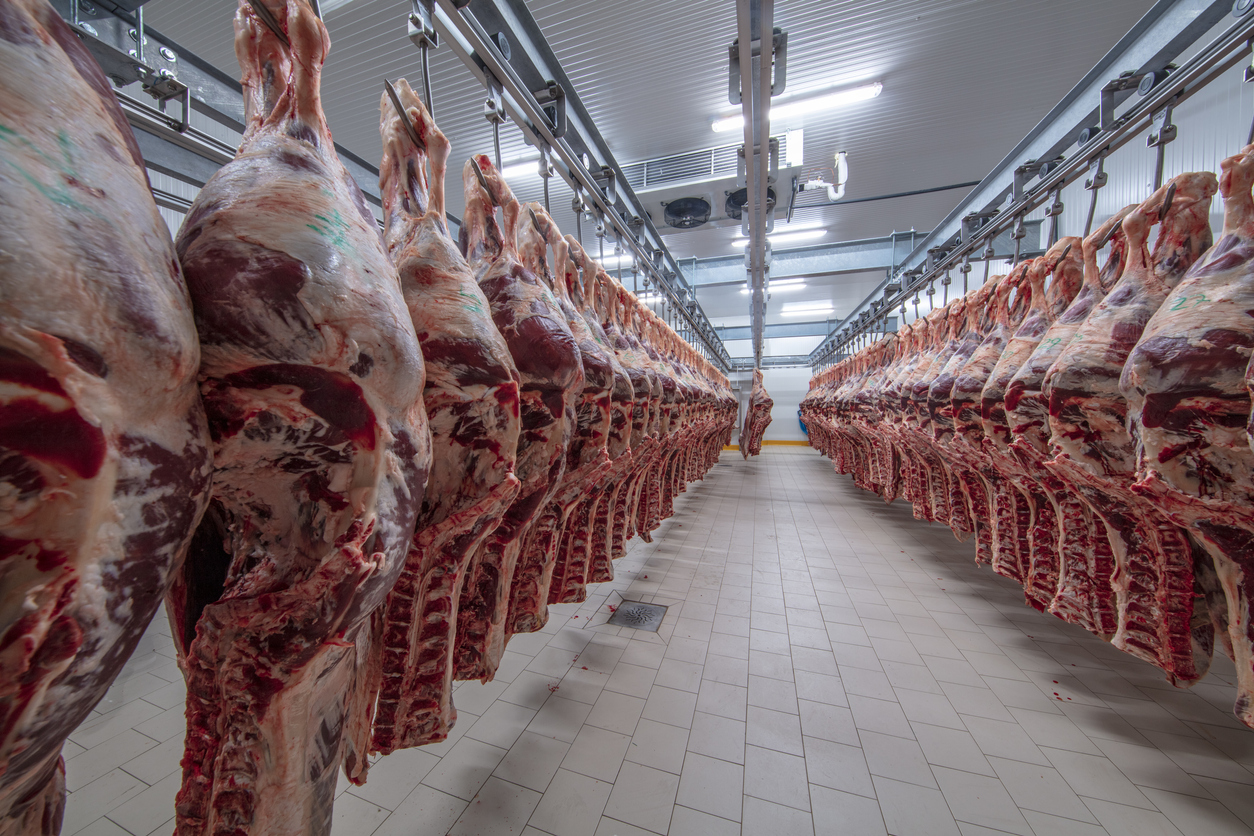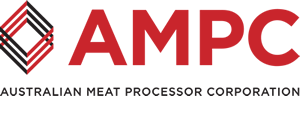AMPC is proud to release its 2020-21 annual report.
The 2020-21 financial year was the first of five years covered under AMPC’s Strategic Plan 2020-25, and the focus for the AMPC team has been on setting strong foundations through building closer relationships with processors and expanding their network of research partners.
2020-21 has seen a challenging operating environment for Australia’s meat processors, with COVID-19, reduced livestock availability, and labour supply front of mind. Despite this, processors have engaged enthusiastically with AMPC throughout the year.
The past year has marked a transformation for AMPC and for innovation in the Australian processing industry.
The annual report provides an overview of AMPC’s activities and achievements, as well as the value delivered to Australian processors during the year.
Read the annual report on AMPC’s website.
The long-term chronic stress endured by employees in a pandemic can really take its toll on their wellbeing.
We can easily fall out of our healthy habits and find ourselves in a slump. AMPC has engaged the Corporate Wellbeing Hub to develop a wellbeing series to support your employees during this time.
It’s free to participate in and showcases a broad range of self-care strategies and practical tips to protect physical and mental wellbeing.
The series covers:
1. A video which explains how to build self-care toolkits and looks at physical and mental health, relationships, and environment.
2. A video outlining energy boosters which discusses high energy foods and breaks from technology to recharge.
3. A video on enhancing mental wellbeing through brain food, daily exercise, sleep hacks and using social networks.
4. A podcast on mental health explaining how to look out for each other and outlining support tools and resources.
AMPC invites you and your employees to register for this wellbeing series to access the videos and podcast.
Register here: https://forms.office.com/r/pMdqnLVt5e
This wellbeing series is part of a three-year program of work on health and wellbeing. AMPC will continue to update you on new programs as they are developed as part of this initiative.
AMPC started a significant program of work earlier this year aimed at providing cost efficient beef scribing automation options for processors of all sizes.
Beef scribing is the first step in the deboning process. It is the most critical step in operations to ensure processors get the most out of each carcase. This step is currently undertaken by employees using manually operated electrical saws. They use their own vision to ensure the accurate placement of these vital cutting lines. Using a scribing circular saw is considered one of the most dangerous tasks within a meat processing operation.
For the past 15 years the industry has supported AMPC, MLA and solution providers to develop solutions for improving beef scribing. The first attempt was a semi-automated solution where employees marked the carcase cutting lines on a touchscreen and a robot would then perform the cuts. Back then, this approach pushed the technical capability of touchscreens and other vision enablers well beyond what was possible, and the approach was ultimately abandoned. This approach, with the advances of current technology, is now being re-considered by AMPC under this program of work.
A solution developed 10 years ago leveraged the latest DEXA sensing technology to develop an x-ray enabled two-cut fully automated solution at a meat processing plant, which is still operational today. This solution at the time, resulted in a demonstration of what was possible. However, DEXA is not a suitable solution for many of Australian processing plants.
Taking learnings from the past, and fuelled by the advancement of vision, x-ray, artificial intelligence and automation progression, and requests from Australian meat processors to develop automated and semi-automated beef scribing solutions with faster throughput, AMPC has established a strategic program of works to ensure the benefits of scribing, with less human interaction, is made available for Aussie processors.
To minimise R&D investment risk, AMPC’s scribing program is developing and trialling new ideas and components as standalone investigations, that will ultimately combine to make up the modules of a final solution or solutions.
AMPC’s Program Manager Stuart Shaw said, “It’s all about optimising each carcase so that meat processing plants get the most out of each carcase by ensuring accurate cuts of meat for sale.
“Our program of work is looking at a range of different approaches to the automation of beef scribing. We want to ensure a solution that is applicable to small, medium, and large meat processing plants. It’s about accuracy and speed. Whatever solution is landed on, it must enhance a processors ability to do their job.”
The automated solutions are looking at a combination of four key elements:
1. Sensing and scanning technology
2. Fixturing (how to hold the carcase in place while cutting which includes anti-sway and carcase orientation solutions)
3. Ensuring solutions meet the speed of processors throughput
4. Solutions that provide a return on investment to all processors
Stuart said, “At the completion of this program of work we expect to have a range of automated and semi-automated beef scribing solutions. The solutions will have a small footprint, that increase accuracy and throughput to make them applicable to many processors in Australia.
“There are development trials of some components already happening at meat processing sites. This is to ensure each part of the solution works, before the entire program of work is realised.”
The next steps are to continue with similar trials, and progress to design phases. One of AMPC’s providers is talking to processing plants about funding the next phase of their technology through AMPC’s Plant-Initiated Project model.
Earlier this year AMPC issued a challenge to providers across the world asking them to develop concepts for ‘shadow robotic’ solutions and how this might apply to meat processing and the results have been outstanding.
The aim of the technology is safety and improved accuracy. ‘Shadow robots’ have the ability to have employees operate equipment, without directly interacting with it. Successful solutions will ensure employees do not need to engage directly with bandsaws and cutting implements. A ‘shadow robot’ might do this for them.
The technology will initially see processors place operational staff within control rooms on processing floors.
With advances in connectivity, such as NBN and 5G, processors could have employees housed in control rooms away from the processing location or have staff operate equipment from their computers at home, or from anywhere in the world.
Shadow robotics will not only improve safety but make it possible for a wider range of employees, including those who are less physically strong and those not located on site, to be trained in new roles.
AMPC is now 9 months into the project and has selected five technology providers from Australia, New Zealand, and Europe. They are looking at shadow robotics in a different way and are all at different stages of development. Some have provided videos outlining how their solution may work, whilst others are at concept development stages. Others are trialling their equipment to see how it works.
The technology solutions range from haptic joystick technology where feedback is provided back to the operator (think of feedback you receive through the steering wheel of your car) through to vision tracking sensors that track a human movement where a robot then shadows the operator’s exact movements.
AMPC’s Program Manager Stuart Shaw said, “The next steps for AMPC are continuing to work with these providers to complete their current development work as well as talking to processors to install ‘proof of concept’ and prototype systems in their processing facilities to run production trials.”
“This will take time, and depending on the how the processing plant wants to use the technology, it may require further development. It’s an exciting time for AMPC. The project has moved quickly and I’m really looking forward to trialling this in plants in 6-12 months’ time.”
This month we talk with Jemma Harper.
What did you do before AMPC?
After leaving school my career aspirations were to manage and own pubs, so I completed a Bachelor of Business (Tourism and Hospitality). This took me to the Victorian ski fields, working two ski seasons, where I fell in love with skiing. It also took me to France for six months to study at an international business school in Rennes. After completing university, I completed a chef apprenticeship. However, after three years of working in the kitchen, I quickly realised how much it drastically impacted my busy social life.
I entered the red meat processing sector working at CRF (now Australian Lamb Colac) in a communications and engagement role and underestimated how much I would love the industry. After seven years working at a plant, I developed a unique set of skills working across various roles within small-stock processing. After a short break to have children, I spent five years working in a strategy and planning role for the Victorian public sector before re-joining the red meat processing industry at AMPC.
What do you love most about your role at AMPC?
I love working with members and industry to push the boundaries to enhance and improve the meat processing industry to ensure its sustainable well into the future. There is no better feeling than working with a member at a plant level to find a solution to an issue and supporting the adoption through an R&D project.
Who is your favourite sports team?
Growing up in regional Victoria you picked your AFL colours and were exposed to the roar of the crowd at the MCG at an early age. I picked the red and the black, aka the Essendon Bombers.
Tell us something about yourself we wouldn’t know?
I love to travel! I aim to visit, holiday or adventure at, at least one new place every year. I hiked the Kokoda track in 2017, it was the most humbling experience walking in the steps of the Australian diggers. For the time being, I’ve put my passport away and I’m enjoying exploring our amazing country with my family in the caravan. The Northern Territory is my favourite state to adventure.
Where do you see red meat processing in 10 years?
I see the red meat processing sector becoming more sophisticated in the utilisation of data in decision making, up and down the supply chain, to maximise efficiency and reduce waste. The industry will embrace the use of new technology and there will be a high adoption of automation, increasing manufacturing capabilities and efficiencies.
Pineapple on pizza?
Absolutely. And anchovies!
AMPC recently delivered a series of refrigeration energy efficiency workshops with our members that included handbooks, guidebooks, calculation tools and customised reports for each participant.
Thank you to our members who participated in our inaugural member survey in August. Telephone surveys were conducted, and responses provided were from 40 meat processing plants.
Investing in future-ready agriculture, fisheries, forestry and emerging industries is the goal behind the 2022 Science and Innovation Awards for Young People in Agriculture, Fisheries and Forestry.
AMPC is a partner in the Northern NSW and Southern Qld Drought Resilience Hub which is an initiative of the Federal Government’s Future Drought Fund. Responding to some processor member requests for assistance during the hardest period of the drought in 2019, AMPC and some of its members attended a Future Drought Fund Town Hall gathering in Toowoomba.
AMPC Program Manager Matthew Deegan, who arranged the red meat processor attendance, said, “AMPC and our processor members presented some water saving concepts, but more importantly we listened to the concerns of the community. It became apparent that red meat processors had the potential to be part of the drought resilience solution and this initial Town Hall gathering in Toowoomba became one of the catalysts for our current advanced water recycling pilot project.”
The Drought Resilience Hubs have just kicked off, with the aim of creating innovation and adoption towards community, farmer and traditional owner drought resilience.
More information on the Future Drought fund can be found on the Department of Agriculture, Water and Environment webpage.
A recent survey by AMPC revealed that a number of red meat processor members were unsure about, or disappointed by, the performance of Solar PV systems. The survey also revealed that some of the Solar PV retail offerings received by members were poorly presented, included significant errors, or over-estimated system performance. It became apparent that we needed to introduce an independent, transparent and well-informed second opinion for members when they were considering Solar PV and storage offers.
AMPC has launched a free service that provides members with expert information, advice and guidance to help you identify and apply for energy and environment government funding and grants.




.jpg)





.jpg)



